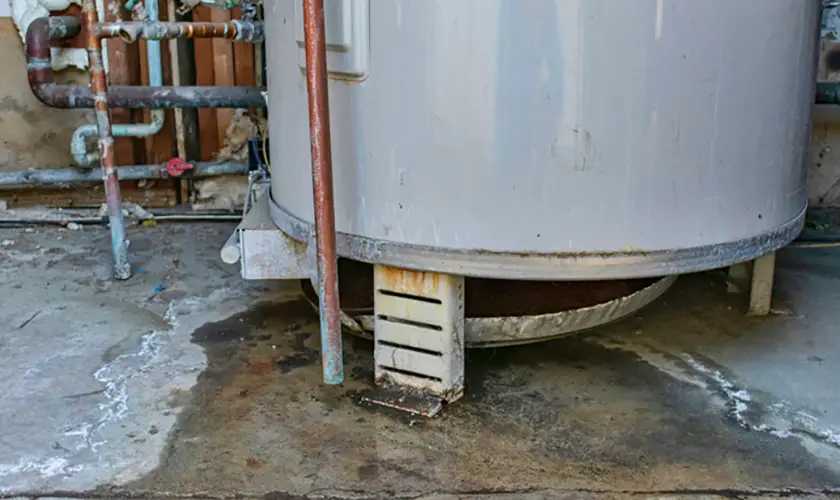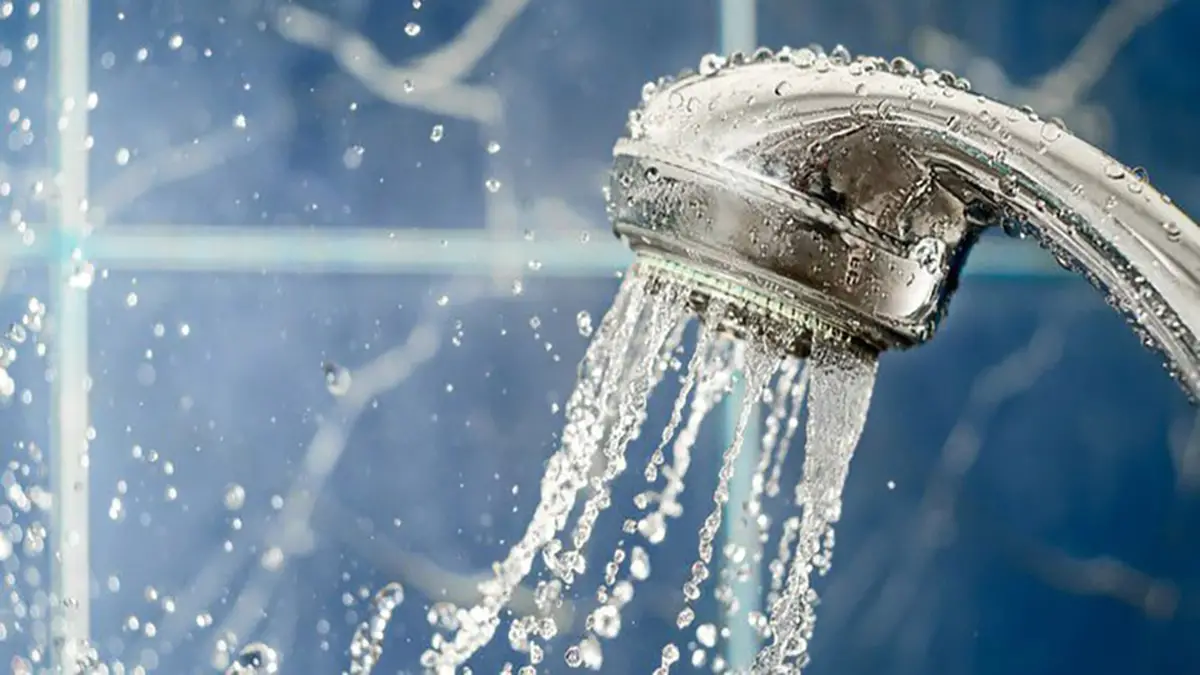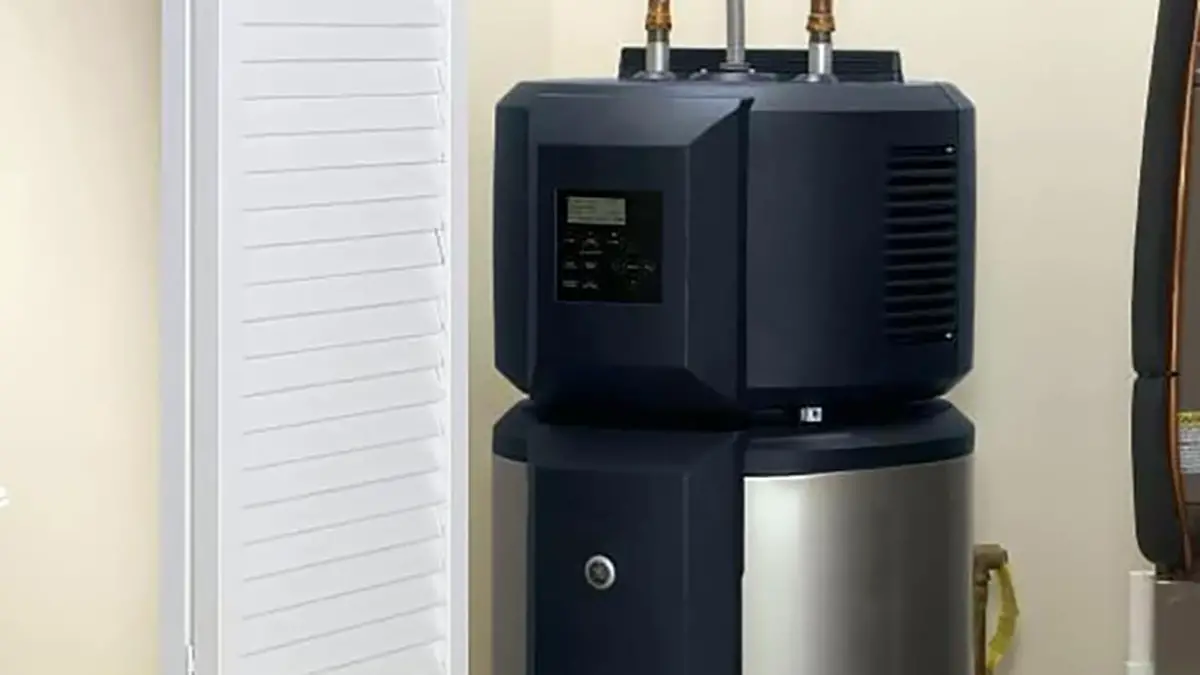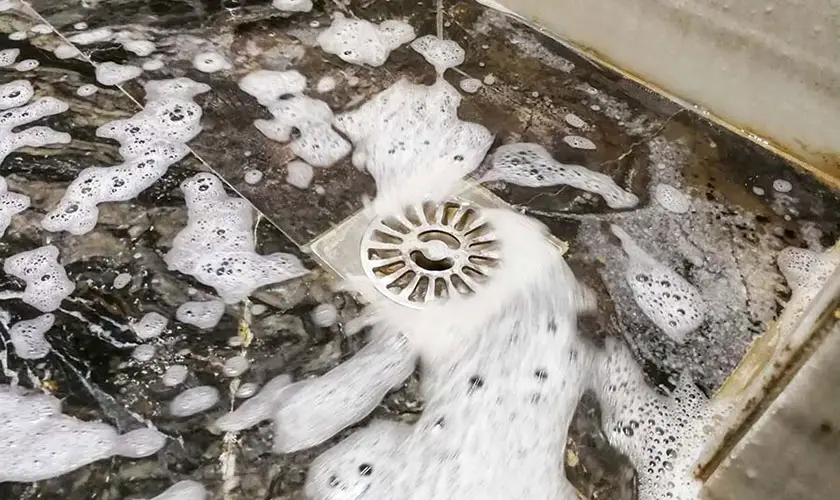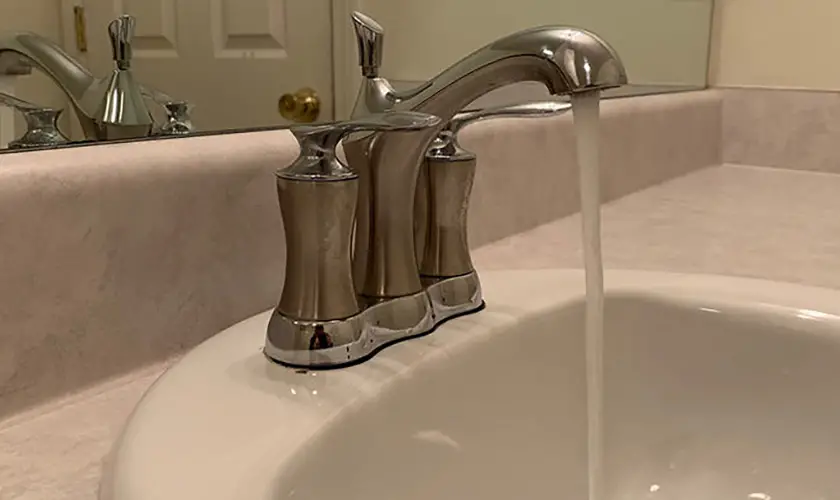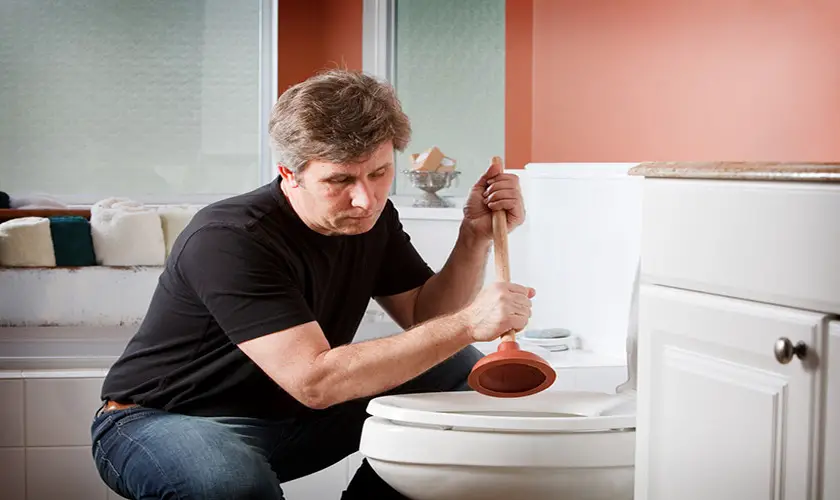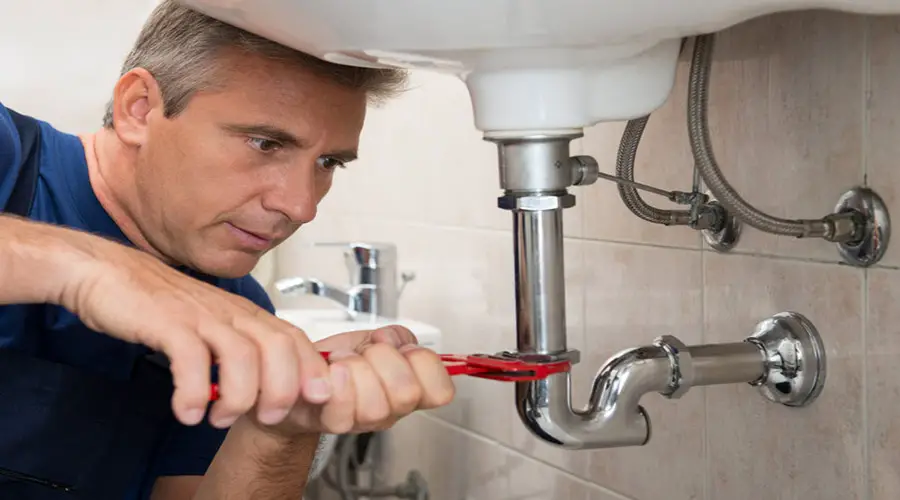
Plumbing services are essential to our daily lives. However, many people think that plumbers are expensive and hesitant to hire plumbers because of price. This simply is not true when you consider your time and lack of plumbing experience. So, how much do plumbers charge?
The average cost of plumbing services is anywhere from $45 to $200 per hour. However, the total amount you will pay varies greatly and depends on several factors. Some of the factors that affect what a plumber will charge you include:
- Your local area
- The size of the plumbing project
- Your plumber’s qualifications and experience
- The inclusion of additional business costs
- The timing of the project
- Whether the plumber offers a workmanship warranty
When you ignore plumbing problems, they may cause considerable damages to different areas of your home due to water, gas, and waste leakages. For this reason, you must familiarize yourself with plumbing service providers and their charges so you can set aside an emergency fund for their services.
This article discusses what to look for when hiring a plumber and what factors affect what they charge. Below is a table summarizing the factors affecting the plumbing costs.
Why Do Plumbers Charge So Much?
Typical plumbers charge $45 to $200 per hour and $90 per hour on average. Some choose to charge by the job instead. Considering that the average minimum wage in the U.S. is $7.25 per hour, there is no doubt that plumbers do charge a lot of money.
The question is why do plumbers charge so much?
One of the main reasons plumbers can afford to charge so much is that you cannot do without their services. They are always in demand.
Imagine being part of an entire city dealing with the effects of a backed-up sewer system! Not only will you have to deal with the damage to your homes, but you also have to cope with the foul smell and the diseases that arise from exposure to dirty water.
Your home can become a miserable place to live in very quickly unless plumbers deal with the situation.
Another significant reason why plumbers charge so much is that they undergo a lot of training. The journey to becoming an expert plumber takes years and costs a lot of money.
Even a simple online training program will cost at least $800. And that is just the beginning. By the time a plumber earns an associate degree in plumbing, that person would have spent up to $23,000. And these costs are exclusive of the on-the-job training that people have to undertake to gain the experience they need to become master plumbers. In addition, plumbers have to invest seven to ten years in mastering what they do.
| PLUMBING COST FACTORS | WHAT LOWERS PLUMBING COSTS | WHAT RAISES PLUMBING COSTS |
|---|---|---|
| Locale | Low cost of living areas and areas with lower demand for plumbing services | High cost of living areas with lots of demand for plumbing services |
| Project Size | Smaller and simpler plumbing jobs cost less. They can cost as little as $95. | Bigger and more complex plumbing jobs cost more. They can cost as much as $4,000 or more. |
| Qualifications & Experience | Less experienced plumbers, such as apprentices, charge less. They may charge as low as $20 to $40 per hour. | More experienced plumbers with better qualifications, such as journeymen and master plumbers, charge more. They may charge as much as $45 to $90 for journeymen and $70 to $200 for master plumbers. |
| Additional Business Costs | Individual plumbers who live nearby and pay lower union dues will cost less. | Plumbers who work for companies travel farther beyond their service areas, offer warranties, have higher union dues, and have insurance that will cost more. |
| Timing Of The Job | Hiring plumbers to work during business hours and off-peak seasons will cost less. Expect to pay the standard $45 to $200 per hour. | Hiring plumbers to work during peak seasons, after-hours, during holidays, and on the weekend will cost you more. Expect to pay anywhere from $70 to $400 per hour. |
| Work Warranty | Plumbers who don’t offer warranty protection or offer them for shorter periods charge less. | Plumbers who offer warranty protection for extended periods charge more. |
What Should I Look For When Hiring A Plumber?
Not every plumber will do. When hiring a plumber to fix your water and gas systems, you need to look for several things. Below are some of these things.
1. Qualifications & Experience
You cannot afford to hire an amateur to fix your plumbing issues. Making such a mistake could cause more water damage or gas leaks that may cost you thousands of dollars in the future. For this reason, you need to find out the qualifications of your potential plumbers and their business experience.
So, find out if the plumber you want to hire is licensed, insured, and certified within your state. However, some states don’t require plumbers to be licensed.
Also, investigate how long the plumber has been in the business. The more experience a plumbing expert has, the better they are likely to be at their job.
2. Cost
How much is your plumber charging for the job at hand? While there is a national average cost, you need to remember that other factors influence the plumbing charges. Your goal is to find someone who provides high-quality work for a reasonable price. So, it’s always a great idea to ask for quotes from various plumbers to ensure you are getting the best deal possible.
3. Availability
While some plumbing jobs can wait for a few days, others can’t. Plumbing emergencies such as an overflowing toilet, burst pipes, and a sewer backup usually require immediate plumbing services. And it doesn’t matter whether they occur at night.
However, not every plumber will be readily available to fix your issues. Some plumbers don’t work on the weekends, while others are not available 24/7. Some have to travel a longer distance to get to your home.
Because of all these reasons, you need to consider the availability of a plumber seriously. A plumbing professional should be able to get to your home quickly to fix your emergency plumbing issues.
4. References
References are essential in helping you determine the reliability and trustworthiness of a plumber. The last thing you want is to hire a plumber then experience a burglary. And other plumbers may be the kind that leaves more damage in their wake than what they found in the first place.
A reputable plumber will not have any issues providing a list of references you can contact. And if someone you consider hiring is jittery about providing them or provides suspicious ones, it would be wise to remove them from your shortlist.
In addition, you can get more references online from review sites such as Google and Yelp. Pay close attention not just to the ratings but also to both positive and negative reviews. These will give you a much better idea of what a plumber can or cannot do in reality.
Sometimes, what professionals advertise and what they deliver are two different things. And online reviews, which tend to be quite honest, can cut through the noise and help you find the proper plumbing professional for your needs.
5. Warranty
A plumber’s warranty refers to an assurance that the expert is willing to stand behind their materials and workmanship. Such a warranty protects you financially if the plumbing work done fails within the set period.
The plumber in question will be partly or fully liable for repairing and replacing the parts they used to fix your plumbing issues. However, plumbers are not usually held responsible for products that come with their warranties.
Expert plumbers should be willing to stand behind their work. Those that can’t offer some warranty may have issues providing quality services. And that means you may end up dealing with similar plumbing issues shortly.
Factors Affecting Plumbing Charges
While the cost may be one of the biggest things you consider when hiring a plumber, it’s not always a straightforward matter. Below are factors affecting plumbing charges you should bear in mind when considering pricing.
1. Your Locale
Your location can dramatically affect the cost of plumbing services. Typically, areas with the highest cost-of-living will have plumbers that charge more than those with lower cost-of-living.
For example, in Memphis, a lower cost-of-living area, the average salary for a journeyman plumber is about $50,000 per year. On the other hand, in New York City, a high cost-of-living area, the average salary for a journeyman plumber is about $56,370 per year. That’s a discrepancy of about $6,000 on average. But it can vary even more widely for journey plumbers on the higher end of the pay scale.
It’s safe to assume that if you live in a higher cost-of-living area in the U.S. where the demand for plumbing services is high, you should expect to pay more for them. Plumbers often charge to match what the local market will bear.
2. The Size Of The Plumbing Project
Depending on the amount of work needed, you should expect to pay anywhere from $175 to $450 on average. However, more straightforward jobs could cost as little as $95. But more complex jobs may cost you as much as $4,000 or even more.
A complex plumbing job requires more plumbers, materials, or work hours, which is why it will cost you more. Such assignments may include issues such as sewer system backups, gas leaks, and installation of solar water heaters. On the other hand, simple plumbing issues such as leaky faucets, running toilets, and sump pump failures may cost much less since they require minimal work and fewer materials to fix.
However, some plumbers tend to charge a flat fee for some of the services they provide. Sometimes, there may be a standard fee for different services, which may vary based on location.
Also, some plumbing professionals use a hybrid pricing model. The model may include a quote for the type of service done, an hourly fee if the project is more complex than anticipated and takes longer to fix.
Therefore, if your property requires a lot of work in terms of plumbing, then you need to budget accordingly. You are better off overestimating the amount of work rather than underestimating it.
3. Your Plumber’s Qualifications And Experience
Plumbers’ experience and qualifications influence their service costs. You cannot expect an apprentice to charge the same as a journeyman plumber. Neither can you expect a journeyman plumber to charge similar fees compared to a master plumber.
As stated above, the initial academic training costs anywhere from $800 to $23,000. But until plumbers undergo some apprenticeship training, they do not have the hands-on experience to fix plumbing issues in the real world.
Apprenticeship is not always free. It may cost a plumbing professional as much as $1,000 and could take up to five years. If you choose to pay apprentices, expect to pay about $20 to $40 per hour. These plumbing costs are on the lower side because apprentices still lack some of the experience they need to do their jobs well and, thus, usually require supervision.
To become a journeyman plumber, one must undertake one or two years of additional training before getting a state license. That license may cost $75 to $300. And the training enables a journeyman plumber to work on their own without supervision. So, if you choose to hire one, you should expect to pay more. At this stage of their careers, plumbers charge an average of $45 to $90 per hour.
Master plumbers belong to the top of the food chain and can supervise plumbing projects or handle complex plumbing issues independently.
To qualify as master plumbers, plumbers must have at least two years of journeyman plumbing experience. Then they must undertake a certification exam that shows off their practical skills and extensive knowledge. A typical Certification through the American Society of Plumbing Engineers will cost anywhere from $300 to $625 depending on location.
Therefore, you need to ensure you can pay for plumbers at the top of their game if the need arises. For master plumbers, the charges will range from an average of $70 to $200 per hour.
4. The Inclusion Of Additional Business Costs
In this case, additional business costs refer to overhead and materials costs as well as travel expenses. These costs not only vary by location, but they also vary based on whether the plumber you hire works alone or as part of a plumbing company.
Suppose you have already bought the materials you need to fix specific plumbing issues, such as repiping your entire home. Typically, the cost of doing such a job is anywhere from $1500 to $15,000. Labor accounts for about 60% of the price. However, if you find a way to save on the materials you use, you may still save quite a bit of money.
On the other hand, if you opt to let the plumber factor in the cost of purchasing the materials, you should expect to pay the total price. And if you choose to buy expensive materials such as copper piping, don’t be surprised if the plumbing costs shoot through the roof.
Also worth considering is the distance the plumber has to travel before reaching your home. Most plumbers tend to have a service area within which they charge a standard price. But anything beyond that will cost their clients more money. So, the farther the professional travels, the more charges you should expect to pay to cover their extra travel expenses.
In addition, you need to factor in whether your plumber works alone or as part of a company. While journeymen and master plumbers have licenses, only the latter can supervise plumbing contractors and apprentices and own their businesses.
Therefore, if you hire a plumbing company to oversee a large and complex plumbing project, expect to pay more. These companies often employ a master plumber to supervise the work to ensure codes are maintained.
However, if the project is not so complex and requires only one plumbing contractor, a journeyman plumber could do it for you. And it will cost less than hiring a plumbing company with multiple employees.
Insurance is essential for any business, including plumbers. Plumbers with insurance will likely distribute their insurance costs to all their clients, thus raising their charges. However, their insurance coverage will take care of poor-quality work if they make mistakes and damage your property.
Also, remember that bringing your plumbing up to building code may require additional permits, which cost money. And their costs will be passed on to you. The same applies to union dues.
5. The Timing Of The Plumbing Job
Most plumbers have standard working hours. If you need their services beyond those hours, then you may need to pay extra for the services they provide.
These hours include after-hours, during holidays, or on the weekend. During that time, expect to pay anywhere from $70 to $400 per hour. Some plumbers may charge a flat trip fee of $100-$350 even when a full hour is unnecessary.
Timing also refers to the seasons of the year. When there are many potential plumbing problems, such as just before the rainy season or during winter, plumbers tend to be in much higher demand. Obtaining their services will require you to pay more.
On the other hand, during off-peak seasons, when the need for plumbing services is lower, you can negotiate lower charges easily.
For these reasons, you should consider booking a plumbing service appointment during business hours if you can. Doing so is much cheaper.
6. Whether The Plumber Offers Work Guarantee
Plumbers who do an excellent job tend to have no issues offering some warranty. But its length will vary depending on the plumber and the location. The standard warranty is about a year or two.
You should expect to pay more for plumbing service providers that offer warranties because they usually imply better workmanship. The coverage assures you that repairs will be made for free or at subsidized rates if their work is not up to par.
Final Thoughts
What plumbers charge will always vary. Factors such as higher costs of living, additional business expenses, and the complex nature of the plumbing project will affect the pricing. Your preferred plumber’s qualifications, workmanship, and availability will also affect how much they charge. For these reasons, consider all these things when budgeting for your plumbing projects and asking for quotes.


